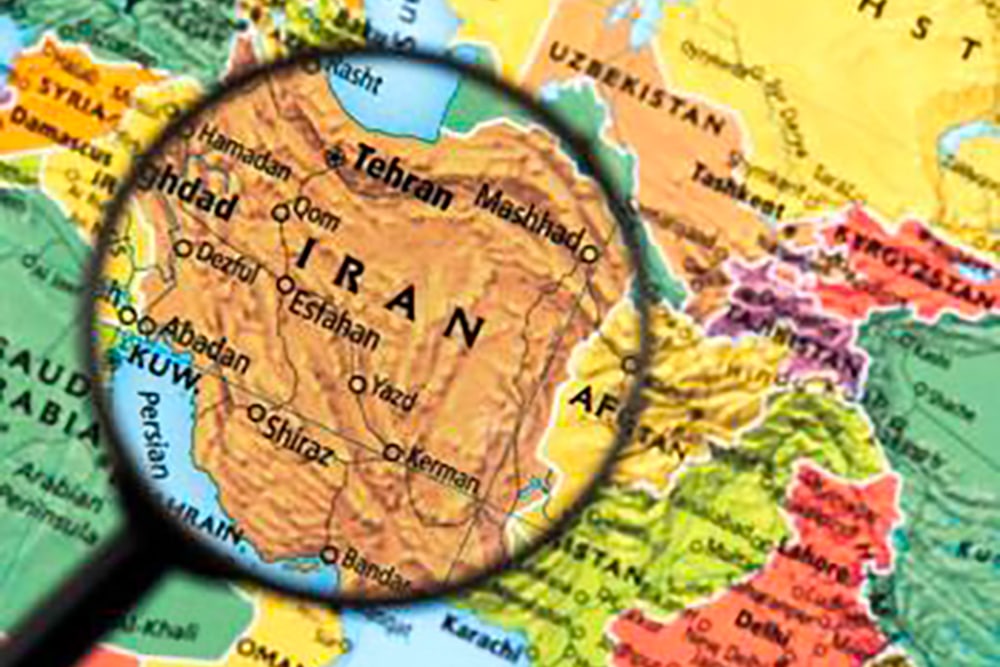INDORE, India — The Bahá’í Chair for Studies in Development at Devi Ahilya University, Indore, recently held a seminar on food security and nutrition, an issue that has come to the fore across diverse social discourses globally and in India during the pandemic.
“This seminar aims to bring academics and practitioners together, in an atmosphere that does not reinforce divisions of ‘us’ and ‘them’, so that participants can examine some of the underlying causes of food insecurity and malnutrition,” says Arash Fazli, Assistant Professor and Head of the Bahá’í Chair.
This is the most recent in a series of gatherings the Chair has organized on issues related to urban migration, education, and gender equality that have been exacerbated by the pandemic.
Among the topics discussed by participants was the impact of agricultural policies and market forces on agrobiodiversity. Attendees noted that a major challenge caused by policies that promote monocropping is that farmers tend to focus on cash crops to the exclusion of edible plants that provide a rich source of nutrients and have been part of a region’s diet. As a result, foods that are locally grown have become expensive and less accessible for the masses.
Speaking about the limitations of a purely centralized approach to agricultural policies, Vandana Prasad of the Public Health Research Network said: “Are we… [dictating] what every single village is going to eat? Participatory work is a starting point for all programs and policies, which means not setting things in stone at a central level. … Decentralization is the key.”
Richa Kumar, a professor of sociology at the Indian Institute of Technology, Delhi, highlighted that the participation of local communities should extend to knowledge generation. “What you will produce and consume in Bikaner,” she said, “is very different from what you will produce and consume in Bengal. You need to empower, build capacity at the local level to do the research to support the farmers…”
Beyond economic factors and the need for decentralization of decision-making, participants looked at links between gender disparities and the causes of hunger and malnutrition. A paper prepared by the Chair and discussed at the gathering says in part: “Women face disparities in the form of educational neglect, lack of reproductive choice and inadequate nutrition from childhood which perpetuates an intergenerational cycle of malnutrition. … Under-nourished women, in all likelihood, become under-nourished mothers.”
Rohini Mukherjee of Naandi foundation said, “There are many surveys, including our own, that have shown that the more years of schooling a mother has, the less likely her child is to be malnourished.”
Addressing the challenges women face in accessing education, however, would not on its own resolve the issue of malnutrition, noted participants. Dipa Sinha, a professor at Ambedkar University, Delhi, stated: “Malnutrition is multidimensional and there are so many factors that go into it–the role of gender, women’s empowerment, education, and livelihood.”
“In these seminars we try to explore the fundamentals, which at their heart are moral issues,” says Dr. Fazli. “Such discussions are often neglected or deemed too idealistic because of a lack of recognition that the underlying nature of society is spiritual, a reality that is true for all human beings and gives local communities and individuals capacity to handle their affairs.












